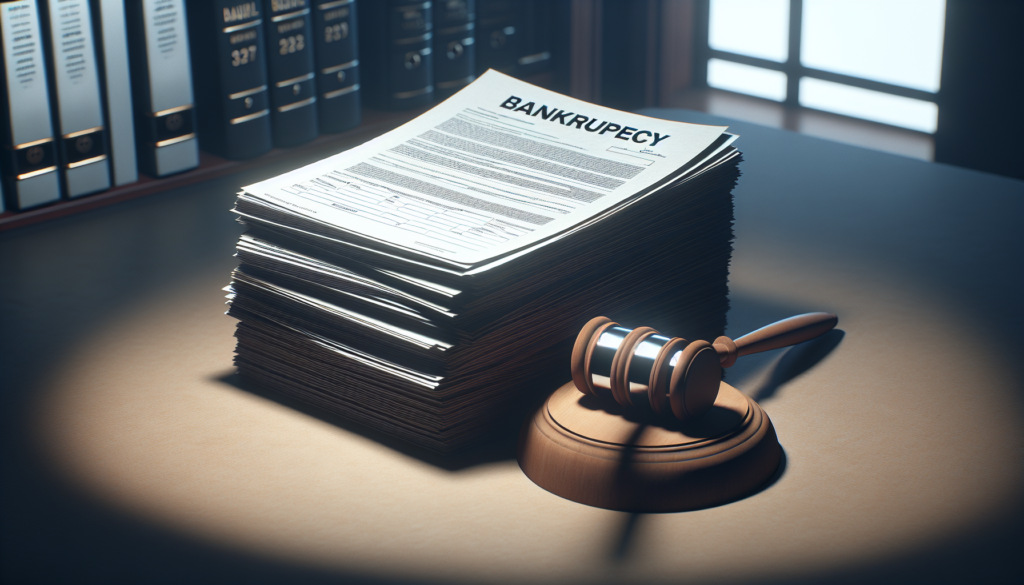
A Chapter 13 bankruptcy plan typically lasts between three to five years. The duration of your Chapter 13 repayment plan depends primarily on your monthly income relative to the median income for a similar-sized household in your state at the time of filing.
Determining the Length of Your Chapter 13 Plan
- Below Median Income: If your average monthly income for the six months before filing for bankruptcy is less than the median income for a household of your size in your state, you can propose a three-year repayment plan. However, you may extend the plan to five years if you need more time to meet your repayment obligations under the plan.
- Above Median Income: If your income is above the median, you are generally required to file a five-year plan. This longer plan period is based on the assumption that you have disposable income that can be used to pay back your unsecured creditors.
Factors Influencing the Plan Duration
Several factors can influence whether you opt for a longer repayment plan, even if you qualify for a shorter one:
- Debt Limits: The amount of debt you have can affect the duration of your plan. If you have significant secured or priority debts that must be paid in full through the plan (like back taxes or arrearages on a mortgage), a longer plan may be necessary to make the payments manageable.
- Disposable Income: Your disposable income, calculated as your income minus allowed expenses, plays a crucial role. A higher disposable income might shorten the plan duration, but it also means you’ll pay more to unsecured creditors. Conversely, if extending the plan duration can lower your monthly payment to a more manageable amount, you might opt for a longer plan.
- Creditor Objections: Sometimes, the plan duration is affected by negotiations with creditors or objections they might raise. For example, if extending the plan allows for full repayment of a secured debt that a creditor insists on, a longer plan might be necessary.
Completing the Chapter 13 Plan
Successfully completing your Chapter 13 plan requires making regular payments to the bankruptcy trustee, who then distributes the funds to your creditors according to the plan’s terms. Once you complete the payments under your plan:
- Discharge of Remaining Debts: Most remaining unsecured debts are discharged, meaning you are no longer legally obligated to pay them.
- Exceptions to Discharge: Certain debts, such as student loans, child support, and alimony, are not discharged in Chapter 13 and must still be paid in full.
The duration of a Chapter 13 bankruptcy plan is tailored to your financial situation, with the goal of providing a manageable way to pay down your debts while protecting your assets. Whether your plan lasts three years or extends to five, the key is creating a plan that is feasible for your budget and complies with bankruptcy laws. Consulting with a bankruptcy attorney can help you navigate the complexities of Chapter 13, ensuring that your repayment plan aligns with your financial goals and legal requirements.

Get a Free Bankruptcy Case Evaluation